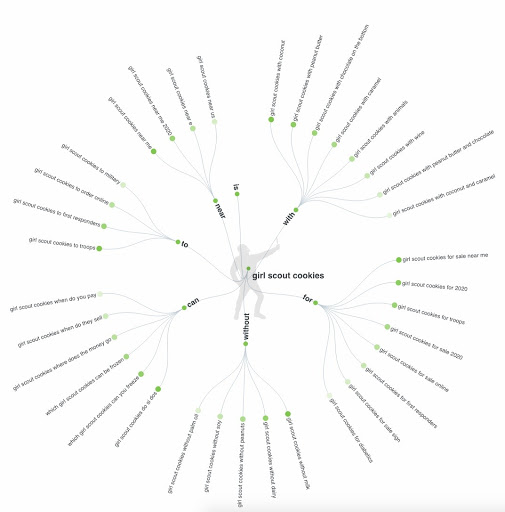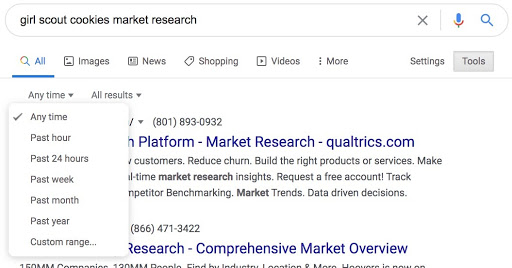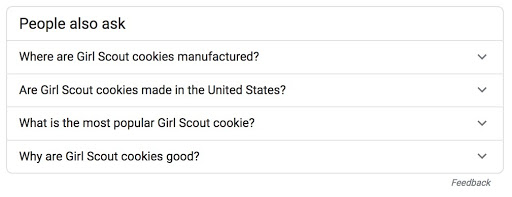
Exploratory research is all about gathering information. In marketing, it can help you understand problems that people face and some ways they’ve found of dealing with them. Exploratory research differs from conclusive research in that you’re not trying to “conclude” or prove anything. You’re simply seeking more information, starting with what’s already available. If you want to make a marketing plan, then this is a good place to start.
When you’re marketing a solution to a problem, you have to learn about the people that you want to help. Curiosity is your friend. Some exploratory research can give you fresh ideas on how to communicate your value. If you are interested in knowing how your audience thinks, then one question will lead to another and you could gain unexpected insights.
Big-picture marketing questions that you can answer with exploratory research are:
- What exactly is the problem?
- Who exactly is having this problem?
- How are they trying to solve the problem on their own?
- Are there other businesses or organizations that are trying to solve this problem?
- In what ways have those organizations succeeded or fallen short?
Having a thorough understanding of the current marketing landscape will guide you to the niche area where you can provide the most value to the people you want to help. Fortunately for you, people often turn to the Internet when they are looking for answers to their problems. There is a wealth of online conversations where real people talk about their difficulties and share advice. Below are some free tools to get you started in your research. These are excellent launching points to get you started.
Free Online tools for Exploratory Research
Answer the Public is a great starting place for web market research. It breaks out many common questions that people on the internet are asking about your topic keyword. You can even export questions as a spreadsheet for further analysis. Feel free to search some of these queries yourself as well.

This one may seem obvious, but no fancy online research tool is a substitute for actually using the website that most buyers begin their customer journey with….Google Search! It helps if you try to get into the mindset of the person you’re trying to understand. What might they search for first? You can also use the tools and other advanced search features to find the information most relevant to your search intent.

Google creates SERP, (Search Engine Results Page) features to quickly help people find answers. One example of these SERP features is “People also ask”.

Quora
Quora is a forum where real people ask and answer questions. This is a great place to spend time reading through and getting in touch with what people are really thinking. The site is laden with opinions, and you can even hop in with answers that could lead people to your website.
Applying your Market Research
Exploring how customers are talking about your industry topics, or even your brand, can lead to a new understanding of how to relate to your customer. You can discover surprising circumstances, product use cases, and complaints you might have never considered. If you’re lucky, you could even find new online platforms, like niche forums, where you can reach your main demographic. Can you think of ways this research could change your marketing strategy?
PS. If you’re a Girl Scout earning your entrepreneurship pillar, here’s your worksheet!












